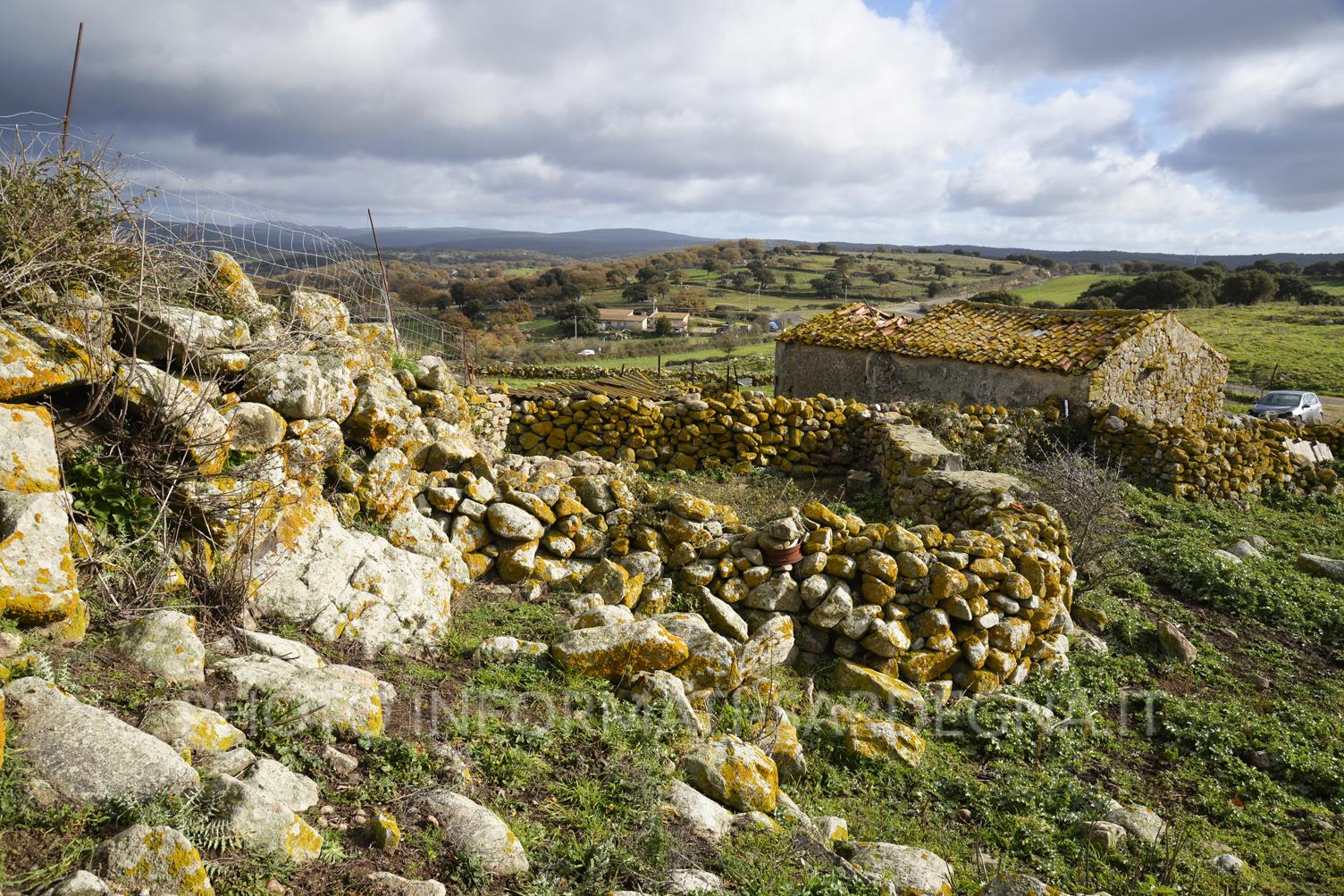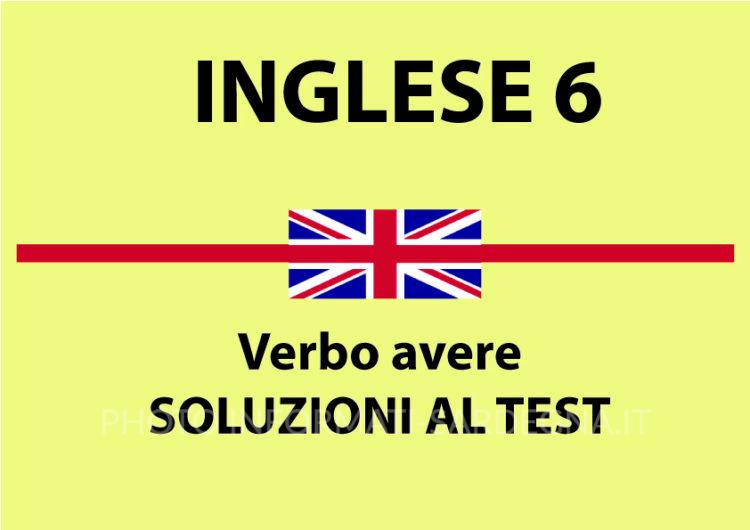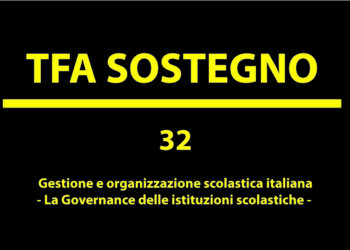Soluzioni degli esercizi sul verbo avere in inglese
Hai completato tutti gli esercizi? Ottimo lavoro 👏
In questa sezione trovi le soluzioni degli esercizi sul verbo avere in inglese, utili per verificare le tue risposte e comprendere meglio eventuali errori. Confrontare le soluzioni in modo attento ti aiuterà a memorizzare le forme corrette di have, has, have got e has got, migliorando la sicurezza nell’uso quotidiano della lingua. Se noti difficoltà ricorrenti, ti consigliamo di rileggere le regole e ripetere gli esercizi: la pratica costante è la chiave per fissare queste strutture fondamentali.
- Guarda anche l’articolo: Il verbo “avere” in inglese: esercizi
Guarda anche l’articolo storico sull’Editto delle Chiudende in Sardegna(1820)

📌 Forme base del verbo “to have”
Il verbo “to have” cambia forma a seconda del soggetto:
| Soggetto | Forma affermativa | Forma negativa | Forma interrogativa |
|---|---|---|---|
| I / You / We / They | have | do not have (don’t have) | Do I/you/we/they have…? |
| He / She / It | has | does not have (doesn’t have) | Does he/she/it have…? |
Guarda anche: il verbo avere in inglese secondo il sito BritishAmericanAcademy
✅ Soluzioni Esercizio 1
has
have
have
has
have
have
has
have
has
have
✅ Soluzioni Esercizio 2
She doesn’t have a dog.
They don’t have a computer.
He hasn’t got a bike.
We don’t have time.
I haven’t got a new phone.
✅ Soluzioni Esercizio 3
I have two sisters.
She has a red car.
We have many friends.
Do you have a pen?
I don’t have time.
🟠 Ricorda che…
Il verbo avere in inglese è molto versatile: serve per parlare di possesso, per descrivere azioni quotidiane e per costruire frasi interrogative e negative. La distinzione tra have e have got è utile soprattutto per comprendere il linguaggio parlato e le differenze tra inglese britannico e americano.
👉 Per imparare a usarlo bene, esercitati con frasi reali, alternando forme affermative, negative e interrogative.
📝 Esercizio 4 – Inserisci la forma corretta di “have / has / have got / has got”
Completa le frasi con la forma corretta del verbo “avere”:
They ___ three children.
She ___ got long hair.
I ___ a cup of tea every morning.
We ___ got an idea for the project.
He ___ lunch at school.
You ___ a beautiful house.
My parents ___ got two cars.
The baby ___ a red hat.
I ___ got many books at home.
She ___ a shower in the evening.
✅ Soluzioni Esercizio 4
have
has
have
have
has
have
have
has
have
has
✅ Soluzioni Esercizio 5
Does she have a sister?
Do you have a ticket?
Has he got a bike?
Do we have time?
Have they got new shoes?
Does she have lunch at 1:00?
Do I have a question?
Has he got an old camera?
Do we have a shower after training?
Has she got a nice smile?
✅ Soluzioni Esercizio 6
haven’t
doesn’t have
haven’t
doesn’t have
don’t have
hasn’t
don’t have
haven’t
doesn’t have
haven’t
✅ Soluzioni Esercizio 7
I have a brother and a sister.
She doesn’t have a bicycle.
We have a beautiful garden.
I don’t have time today.
They have a new house.
We don’t have homework.
He has a black cat.
I don’t have a ticket for the concert.
She has two phones.
They don’t have a television.
✅ Soluzioni Esercizio 8
My name is Emma. I have a big family. I’ve got two brothers and one sister. My parents have a small restaurant in town. My father has lunch there every day. We also have a dog and a cat. My sister has got a bike but I don’t. I have breakfast early in the morning because I start school at 8:00. We have got many relatives, so our house is always full of people!
✅ Soluzioni Esercizio 9
She has a dog.
They have got two children.
I don’t have a car.
We haven’t got a television.
Does she have a cat?
He has got a sister.
Does she have lunch at noon?
We have breakfast together.
She hasn’t got a pen.
They don’t have any money.







